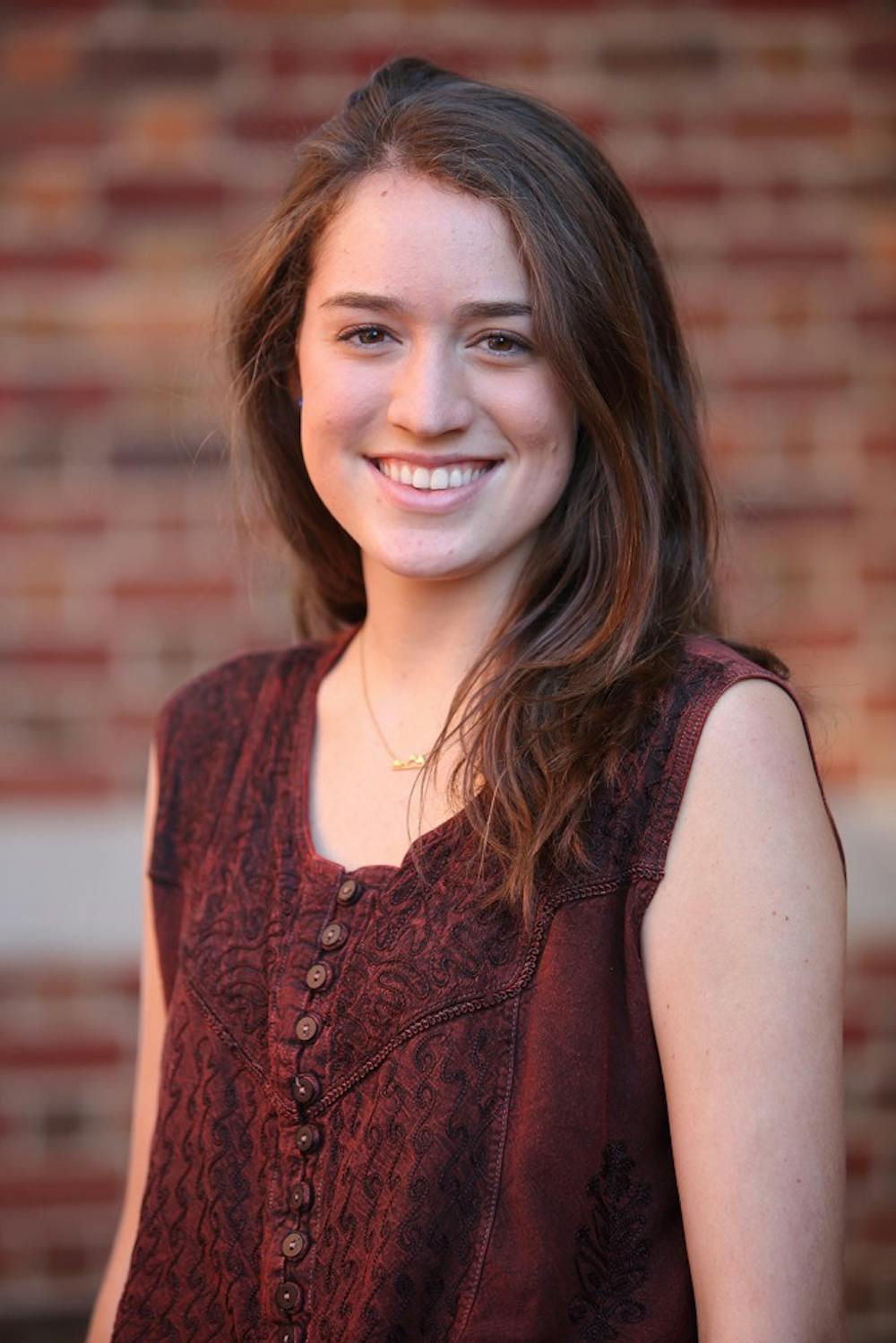Life as a student tends to occur in a tiny domain, the boundaries of which are often impermeable. It seems that only rarely we let the outside world seep into our days.
That is to say while events of international significance occur a two-hour drive north in our country’s capital, certain systems of culture and politics allow many University students, including myself, to focus our attention on the things happening in our extremely localized realm. Sometimes that world is the size of your head. It’s common to be caught, for an indefinite amount of time, by your always-blaring, never-slowing train of thought.
Take this tangent, for example: I wrote down the word “id,” and when I looked back at it a minute later I thought it said “lol.” Does that mean my instinctual drive is to laugh at memes on the Internet? Or maybe, what a beautiful metaphor for my instinct to make a joke out of my basic wants. Sorry for this psychoanalytical aside. It’s just that a boy I thought was attractive lent me a biography about Freud right before last summer started. Yeah, I read it (Did you know Freud waited to bang his fiancé for five years?), but ever since we came back to school we’ve barely spoken. Superego? More like super-oversharing, right?
The point is it’s easy to get lost in oneself, but it’s good sometimes to do the opposite — and be an observer of others. As college students, we are surrounded by thousands of people with one hulking thing in common: our current educational institution. Though the range of students’ experiences is expansive, a University-specific system of reality exists, with its culture of deadlines, extracurriculars and, finally, near-constant social interaction.
It’s a beautiful exercise to think about our system of reality and mentally escape it. It makes you remember the word that entered internet vernacular a few years ago — “sonder,” defined as the realization that each random passerby is living a life as vivid and complex as your own. My favorite way to embrace this revelation is to pretend I’m invisible and observe other people, on the bus, in the library or walking to class. Here’s to the guy whistling as he plods down the sidewalk, or the person stopped on the Lawn, looking straight up at the changing colors of dusk’s sky, as others pass by her. I love to see the students who aren’t, in that moment, consciously projecting a particular version of themselves.
It can be nice to not constantly appraise others’ social images, or your own. The only social media audience I care about are the ones I have on Spotify. True, I do aim to please those loyal followers. I pamper all 24 of them with ample playlists, denoted by meaningless titles that let puns do all the work. Feeling exasperated and off-balance? Check out “Sighed Ways.” Appreciative of our surrounding county? Maybe you’d enjoy “Albemarvelous.”
That said, if you desire a fulfilling relationship with the world, no matter how vast or specific that world is, it doesn’t hurt to end the day strengthening your relationship with yourself. The author Junot Díaz gave a talk Feb. 7 at the University entitled “First You Must Rebel, or: How I Stopped Writing White and Got Free.” His words, about how to refute the effects on writers of color made by the culture of white supremacy, were admittedly not meant for me. But something he said at the end was true for all swaths of humanity. “The great work of your life is you,” Díaz said.
Your function as a member of society — e.g. as a student — is not who you are. Take this as seriously as you can from someone who is considering calling the number listed on the flyer currently posted in Alderman Library that says, “Too busy to clean? Let me help you!” Though I’m not a clean person, I’m one who accepts her faults, and that’s one step to being happy with the world I’m in. And when your own world is harmonious, maybe you can better understand others’.







